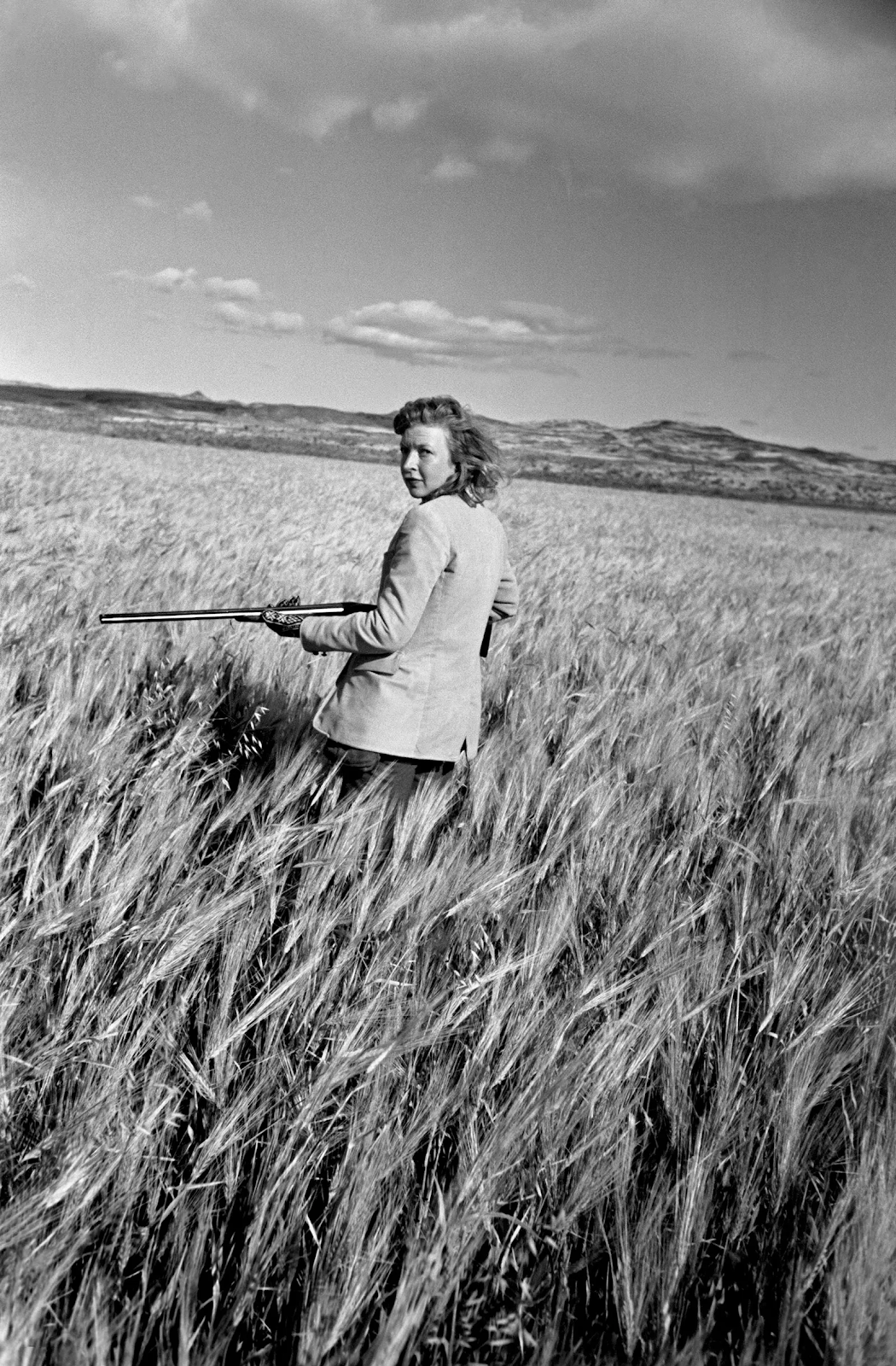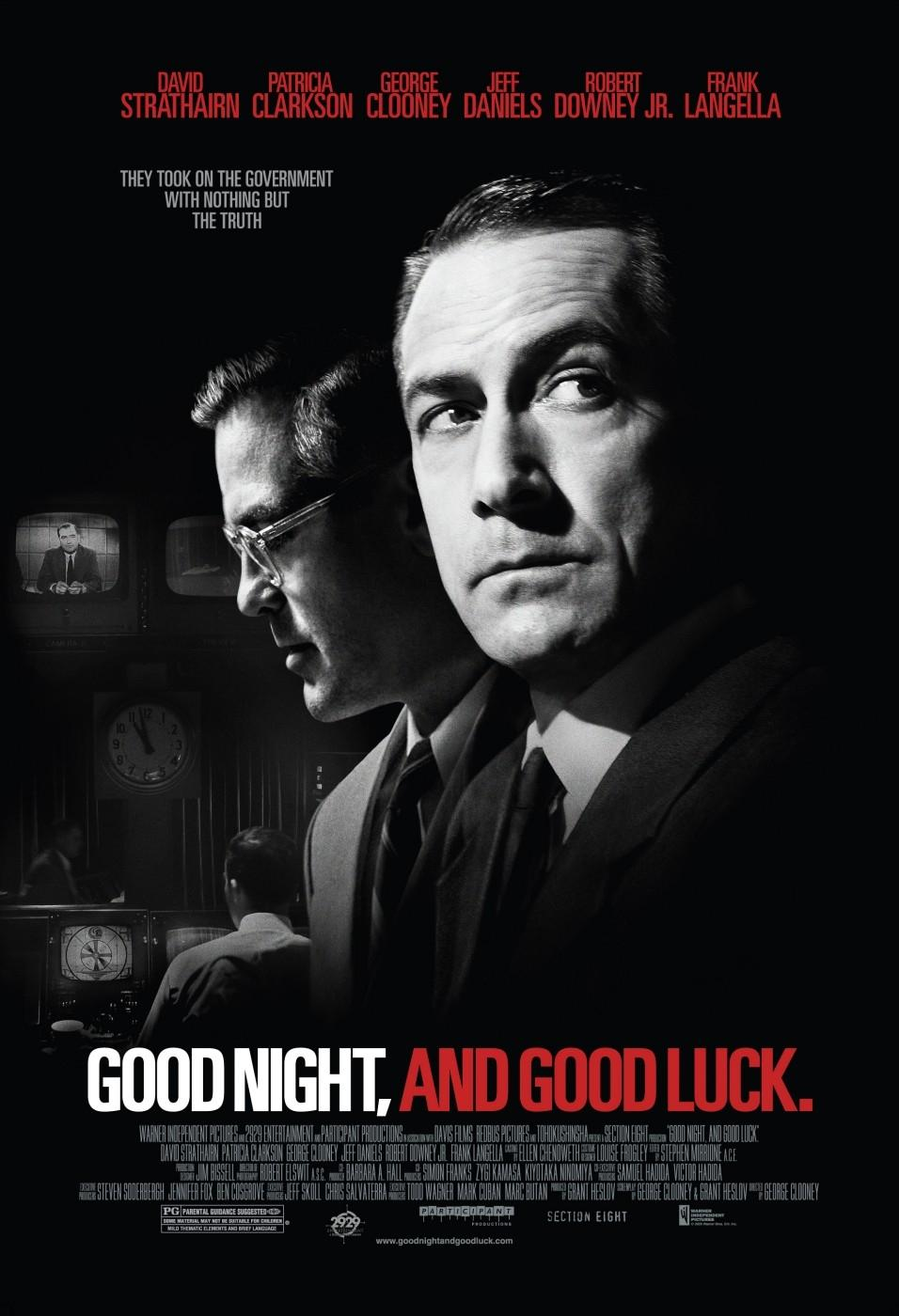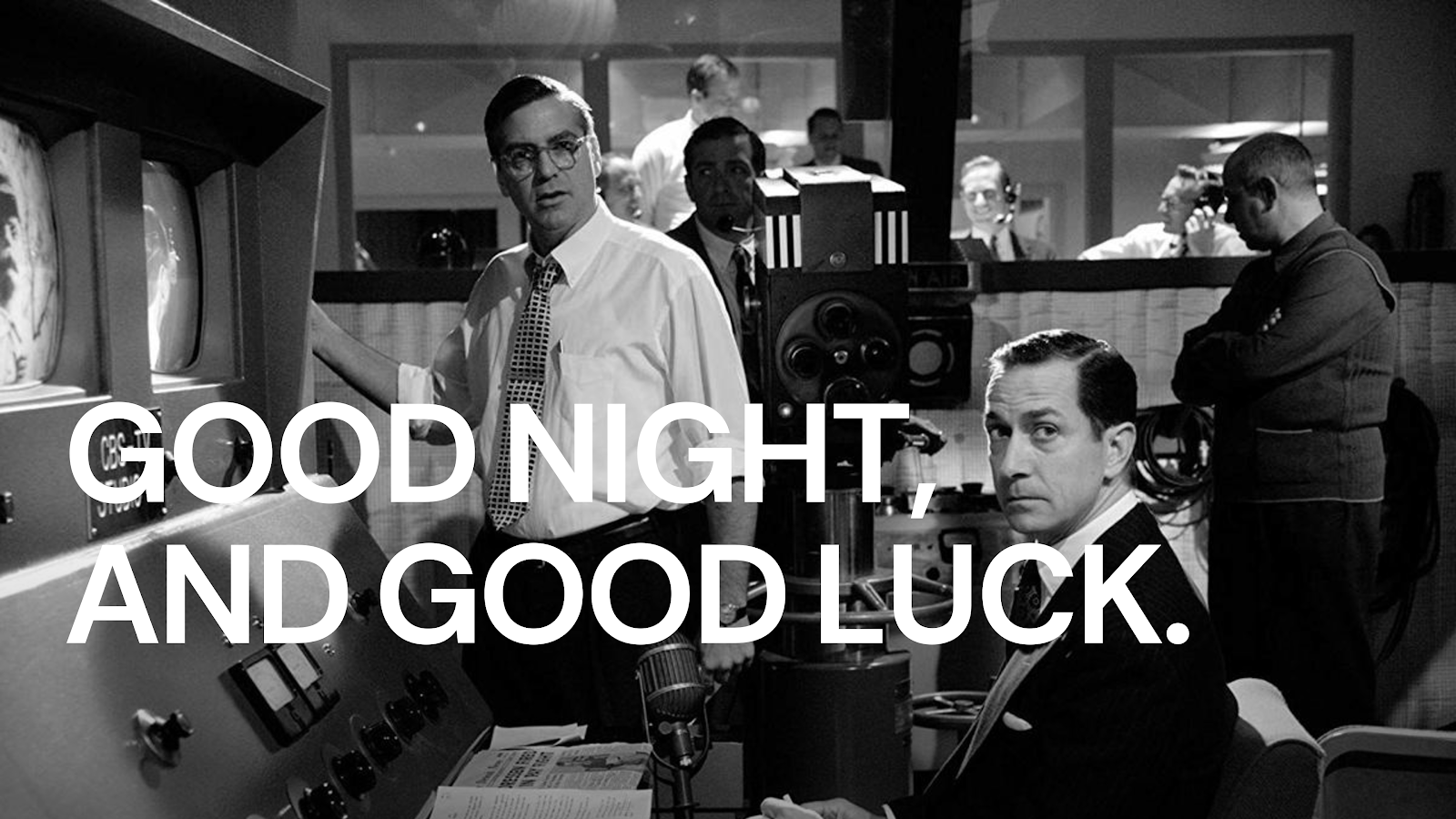Bob Woodward
 |
| Photo: New York Times |
This presentation about "the greatest reporter of all time" was truly fascinating. Bob Woodward was born in Genova, Illinois on March 26, 1943. He attended Yale University, double majoring in History and English. After graduation, he decided to enlist in the U.S. Navy where he served for five years.
Once his time with the Navy was over, Woodward went on to start his career as a reporter. He started at The Washington Post but was out of a job after a two-week trial.
He then found luck at Montgomery Sentinel. Who then referred him back to The Washington Post, which kickstarted his infamous reporting career.
Woodward was working during Richard Nixon's reelection campaigns. As many know, he and his administration were found guilty for many white-collar crimes. Woodward and his friend/fellow reporter,
 |
| Photo: The Guardian |
Carl Bernstein, revealed this presidential scandal.
The breaking of this scandal is what makes Woodward and Bernstein such renowned reporters. During Nixon's campaign, these reporters knew something suspicious was taking place, and as good journalists do, they did the digging necessary to then reveal the various crimes.
These reporters are very inspiring for their efforts in revealing difficult information. But the public deserve to know the truth. Woodward and Bernstein won a Pulitzer Prize after writing their number-one bestseller called "All The President's Men."
This scandal marks when journalists were able to gain mass media attention, providing truthful and factual information to the American people. Woodward and Bernstein were determined to expose the Watergate crimes and their coverage of the events gained them a great reputation.
Naturally, the government tried to say that Woodward and Bernstein were false and inaccurate. Ron Ziegler, The White House Press Secretary in 1972, actually ended up apologizing to the reporters a year later.
Bob Woodward is someone that every aspiring journalist should look up to. It was great getting to learn about his various Pulitzer Prizes and unforgettable reporting.
 |
| Photo: Forbes |
Woodward also covered the Whitewater scandal during Bill Clinton's administration and exposed them in his bestseller "The Agenda." He also interviewed President George W. Bush on his response to 9/11 and his involvement in the Iraq War. Woodward went on to write several novels about the involvement in Iraq.
He covered America's involvement in Afghanistan and Pakistan during Obama's administration, and recently wrote "Fear" which describes Trump's outlook on foreign affairs.
Woodward is a true inspiration and as someone who is very interested in political journalism, hearing his story and the lengths he went to to achieve success is amazing. He embodies perseverance and hard work, while also always being one step ahead of the rest. He is known as one of the greatest reporters in America and after this presentation everyone should understand why.
 |
| Photo: The Guardian |


















